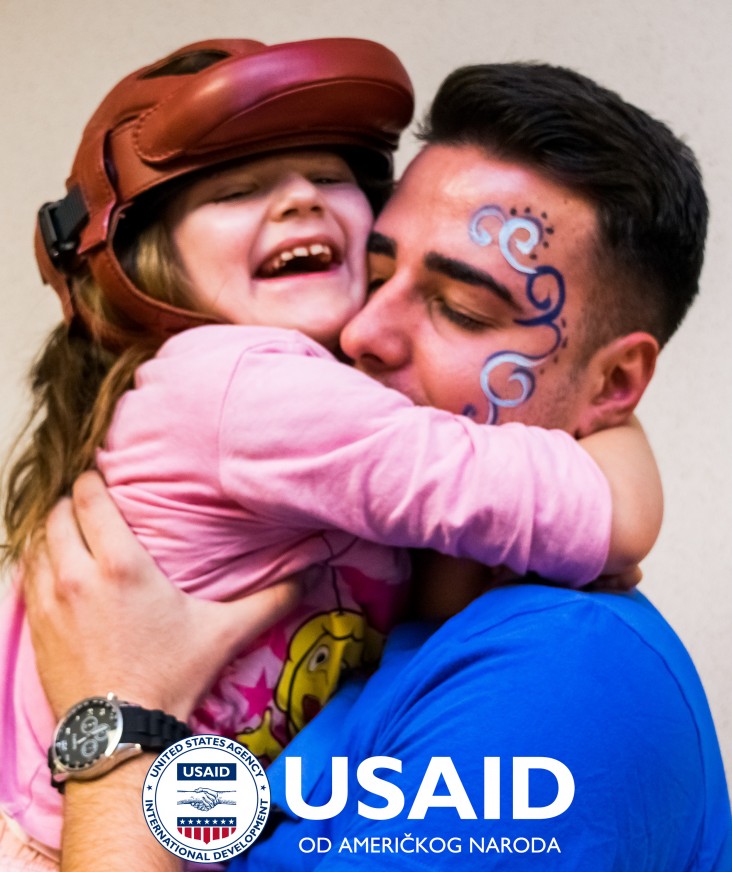Speeches Shim

The INSPIRE Human Right project builds on the achievements of USAID’s Marginalized Populations Support Program. That program helped establish seven service centers to support disabled people and their families, assisted rural women in opening businesses, and built the capacity of the Sarajevo Open Center to work with municipal and civic leaders to host the first PRIDE parade in Bosnia and Herzegovina (BiH) in 2019. Yet our work in promoting human rights protections, social development and inclusion is not done.
USAID ASSISTANCE
Launched in September 2020, USAID’s INSPIRE Human Rights project responds to the ongoing socio-political and economic challenges faced by marginalized groups of society in BiH. It supports civil society organizations (CSOs) and individuals that advocate for the rights, empowerment, and dignity of underrepresented populations, while engaging citizens in these civic/political issues themselves. A main goal of the project is that all levels of BiH government recognize and include CSOs and citizens as necessary, respectable partners in policy development. Technical assistance is also used to build the capacity of these CSOs and BiH institutions to better serve marginalized citizens.
USAID’s implementing partner for this five-year, $8.8 million project is the local Institute for Youth Development KULT.
IMPLEMENTATION AND EXPECTED RESULTS
This program’s main components for protecting and promoting the human rights, social development, and inclusion of underrepresented groups are:
· Grants to local organizations that combat human trafficking by strengthening anti-human trafficking measures and ensuring implementation.
· Grants to local organizations that promote the rights and dignity of those with disabilities and members of the LGBTQI and Roma communities.
· Targeted training to increase the capacity of supported NGOs, associations and CSOs in financial sustainability, advocacy, and outreach.
· Assistance for up to 20 municipal governments to create a sustainable scheme that fosters formal employment opportunities for vulnerable women and members of other disadvantaged groups.
· Technical assistance to build the capacity of USAID partners, institutions, and government leaders to better protect the rights of these underrepresented citizens in a sustainable and manageable fashion.
EXPECTED RESULTS
By the end of the project’s life, USAID expects to achieve the following:
· Increased support from the private sector and local government for the seven Service Centers for Families of Children with Disabilities so they are sustainable at the local level.
· A community-based model of deinstitutionalization will be refined and expanded across BiH.
· More Public-Private Partnerships to provide formal employment opportunities to women and minority groups, such as Roma.
· Stronger local organizations that advocate on issues related to the LGBTQI and other underrepresented groups, including victims of human trafficking.

Comment
Make a general inquiry or suggest an improvement.